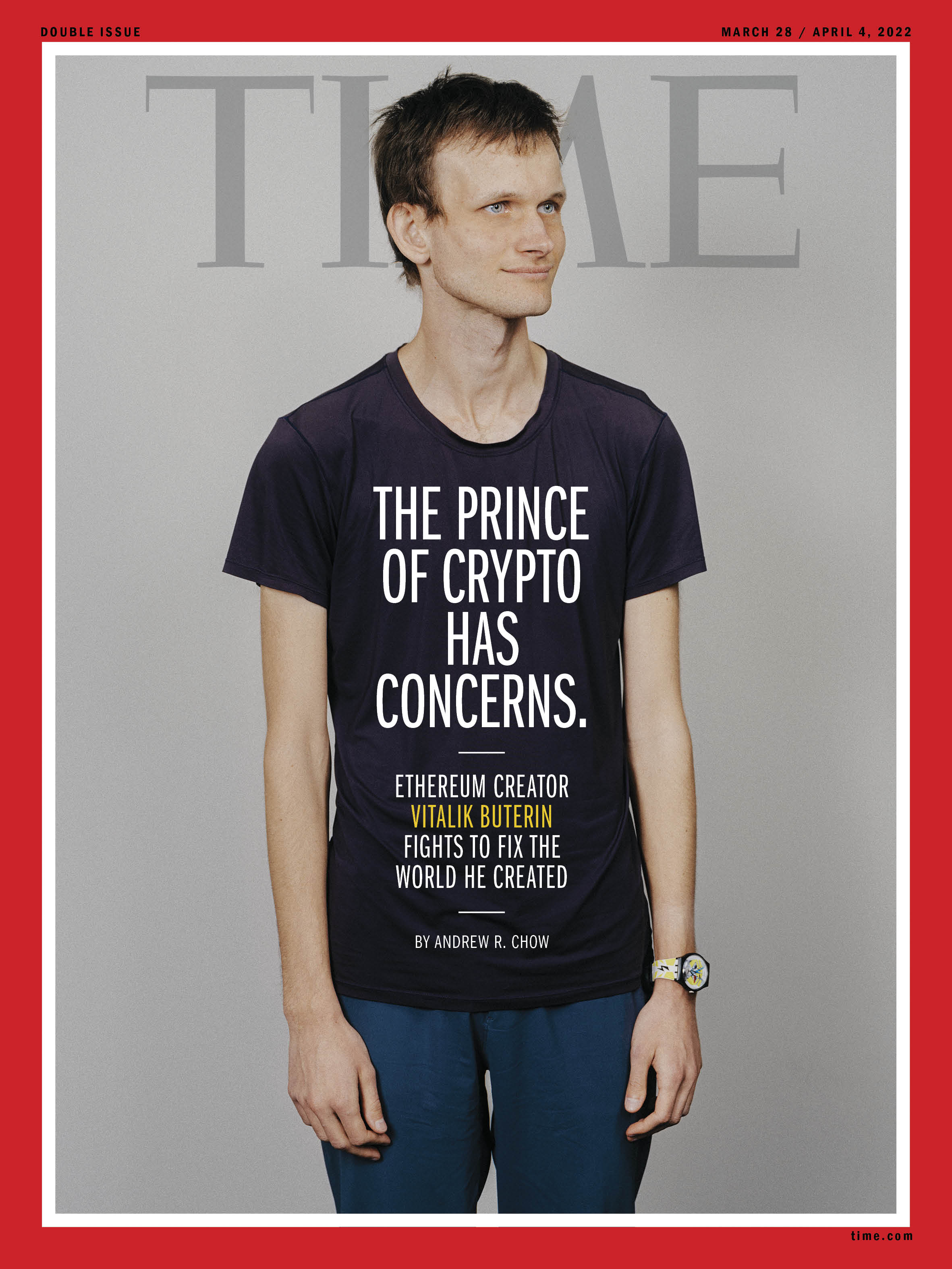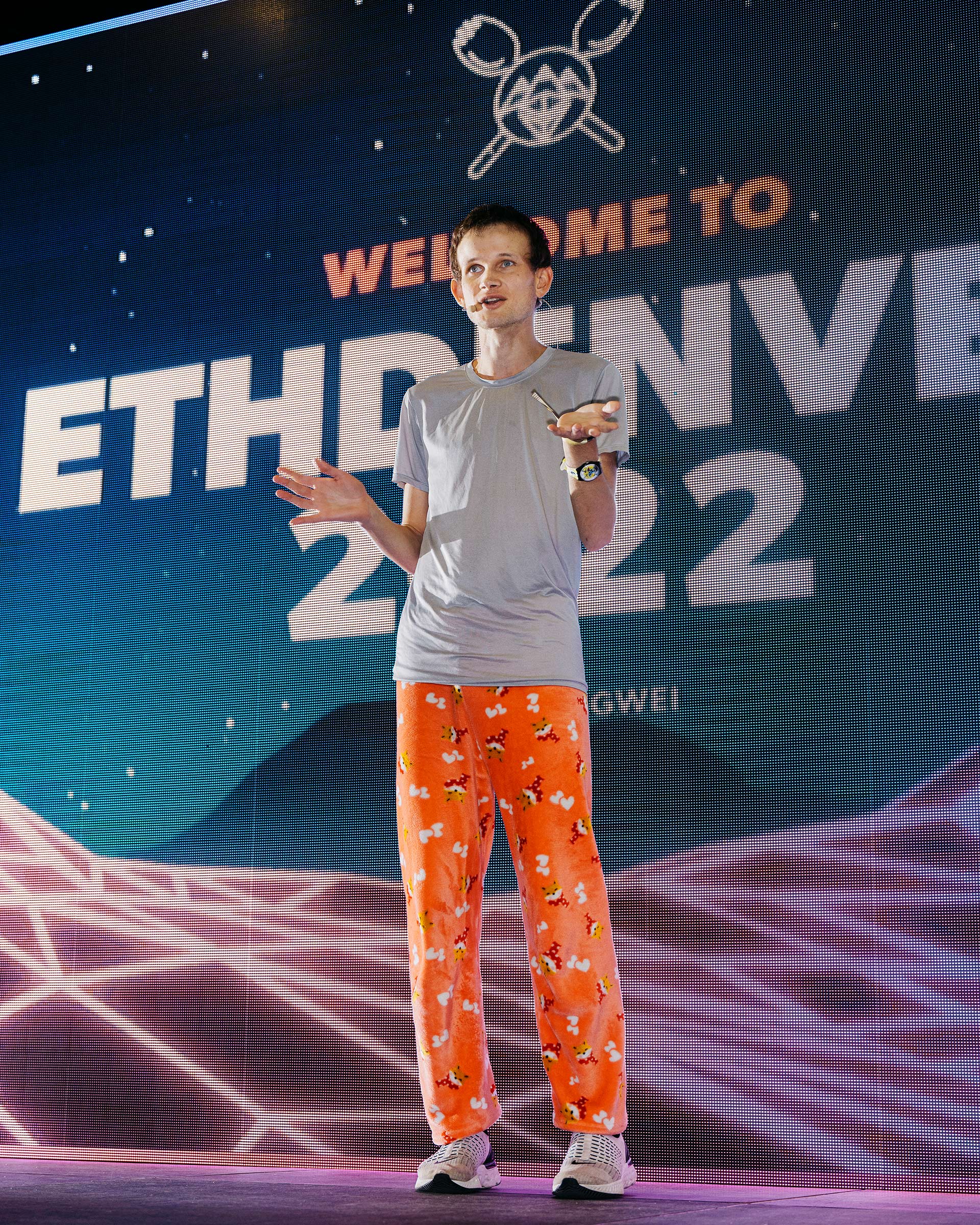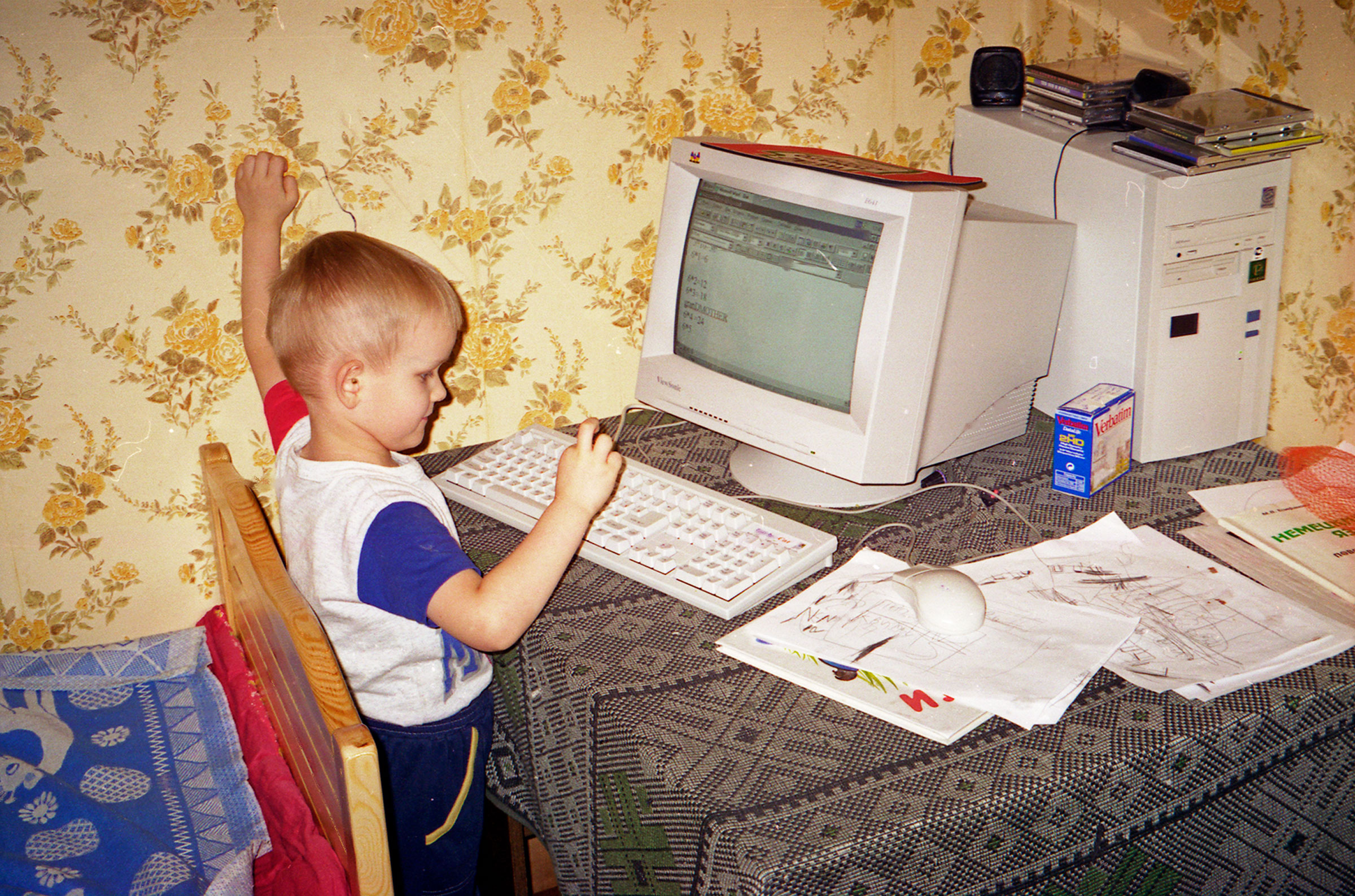Ethereum Leaders Are Slowly Courting Persian Gulf Royals and Investors Ethereum’s leaders are pursuing a “moonshot” in the Middle East....... is partnering with finance experts in the Persian Gulf to show that the world’s second largest blockchain is compatible with Islamic law. ....... work to certify ethereum’s Sharia compliance. ...... here’s a hypothetical case where say, the Saudi sovereign wealth fund invests, like, a trillion dollars [in ethereum projects] ...... his firm issued a paper saying ethereum smart contracts can be halal, or compliant with Islamic banking rules ....... make Dubai “the first city fully powered by blockchain by 2021.” ...... digital permits and an automated “process of attesting any document by governmental entities.” ...... the understanding and appetite for investment in blockchain technology is accelerating.”
Cuba Eyes Cryptocurrency as Solution to Sanctions, Financial Woes the country’s Communist government announced on state-run TV that it would potentially use crypto as part of a package aimed to boost incomes for as much as a quarter of Cubans and assist with market reforms....... the state appears to be placing a lot of hope in its crypto dreams
The State of the Blockchain Revolution Many of us are old enough to remember what using the internet was like in 1995: The crackling, hissing and discordant tones of a dial-up modem, followed by long wait times for ugly websites to load. To all appearances, those days are far behind us – yet looks can be deceiving. The internet that has matured so spectacularly over the last 25 years is about to be reborn, and what will replace it is still in nascent form. The technology behind this rebirth is blockchain....... a system designed to liberate information is not always ideal for protecting valuable assets, like money, votes, intellectual property and personal data. With blockchain, we can trade and move assets through a distributed database that is autonomous and self-policing (i.e. very difficult to hack)......... Transactions can thus occur without the once-necessary involvement of third parties (e.g. banks and governments) to ensure trust. This capability has transformative implications for business and society. Sectors that are still reeling from relatively recent waves of digital disruption may be upended all over again by blockchain’s radical removal of the middleman.......... The convoluted trail of documentation required in the logistics industry – such as bills of lading, export licenses and certificates of origin – can share a network state on a blockchain. That means suppliers, purchasers and consumers all have access to identical, unalterable and accurate information about the products’ status and origins. In 2016, IBM began working with Walmart and other retailers on a blockchain-powered solution to enable food traceability across the entire supply chain. The current system is designed to identify the origin of any contamination of the food supply, so that users of the system can remove it swiftly........ fraudulent or erroneously labelled seafood is rampant, affecting up to one-third of the market in such countries as the United States. In such a byzantine seafood supply chain, irregularities easily go undetected. With blockchain, users can illuminate the more obscure corners of the industry........ Patients at Toronto’s highly regarded University Health Network, Canada’s largest research hospital, can opt in to receive a digital identity containing their medical records to take control of their treatment. Adding blockchain would empower patients to create value with their personal data, potentially donating it to further scientific efforts or even selling it.......... Start-ups can now raise money by selling equity shares on the blockchain (incurring relatively miniscule administrative fees), or tokens that token holders can later exchange for products or services once the company is up and running....... In addition to guaranteeing that business is conducted according to a single version of the truth that is as complete as possible, blockchain networks can control how agreements between parties are executed, via smart contracts. Assets exchanged through the blockchain can carry their own inviolable terms of use. Smart contracts compel a Goliath to deal as honestly with a David as it would its fellow corporate giants....... Think of Uber drivers and others in the so-called “sharing economy” whose earnings have been sliced to the bone by aggregator apps and their algorithms. Smart contracts on the blockchain could one day replace the sharing economy intermediary platforms, thereby ensuring participants are fairly compensated for the value they create. Or consider the plight of independent musicians, who must increasingly live on the road to make ends meet now that album sales have dried up industry-wide. Singer-songwriter Imogen Heap is the force behind Creative Passport, a database for musicians that, among other things, uses smart contracts to circumvent industry barriers that come between artists and their rightful revenue......... With an assist from the Internet of Things, automated transactions on the blockchain can transform our wasteful relationship with energy....... blockchain may help revive the legitimacy of democracy itself. Why do we still have to queue up, often for hours, at a physical polling place to cast our ballot on Election Day? Increasing ease of voting through digital access would bring untold numbers of citizens, especially young people, into the democratic fold. ...... a fully virtual system could not win public trust without the cutting-edge cryptography of blockchain to prevent cyber-interference...... we could engineer votes as smart contracts, obliging winning candidates to act on the promises and platform on which they campaigned...... many established players recognise that blockchain represents a direct threat to their business model and are handling it gingerly........ as with any innovative technology, the brave early adopters will capture the most value
First Successful Blockchain-tracked Shipment from South Korea to the Netherlands
After Experimenting With Bitcoin and Ethereum, DocuSign Is Accelerating its Blockchain Ambitions
Why IBM’s Blockchain Isn’t a Real Blockchain
Blockchain blossoms in Haiti
Blockchain Startups Raised $822 Million in H1 2019: New Report
Facebook vs Google: Who Will Dominate The World Of Crypto-blockchain?
Briefing: China’s use of blockchain a ‘strategic weapon’ – report
Platforms and Blockchain Will Transform Logistics
Paradigm Shift: Biometrics And The Blockchain Will Replace Paper Passports Sooner Than You Think
Blockchains CEO buys Nevada-based bank to get closer to blockchain vision
Singapore emerging as global centre of blockchain expertise
Why Rising Number of Mining Companies Are Embracing Blockchain Technology
Is Google Chasing The 90% Potential Of Blockchain That Facebook Left Out?
5 Blockchain Breakthroughs Coming in the Next 5 Years
Cube System Announces New Blockchain eCommerce Platform
Galaxy Digital Leads $5.5 Million Round for Contract Management Startup
JPMorgan CEO Dimon Says Crypto Companies ‘Want to Eat Our Lunch’
Dubai Chamber of Commerce Signs MoU on Blockchain Trade Solutions
How Malta Is Becoming the Global Capital of Crypto | Cointelegraph Documentary
Blockchain’s real promise: Automating trust Combining the distributed ledger with other technologies such as artificial intelligence cuts costs and makes supply chains traceable. ......... Combining blockchain—the distributed ledger technology that forms the basis of the digital currency Bitcoin—with artificial intelligence (AI) and the internet of things (IoT) ....... eliminates time-consuming and expensive manual efforts, automating trust between partners and bringing traceability to supply chains. ........ “Blockchain is fundamentally changing a lot of things” ........ the cost of establishing trust in a supply chain is incredibly high. ...... $461 billion worth of fake goods are sold annually, amounting to 2.5 percent of global trade. ...... total global counterfeiting is expected to surge to $1.82 trillion by 2020, exposing businesses to revenue loss, quality issues, and potential reputational damage....... a digital “birth certificate,” which includes relevant data such as product specifications, provenance, and cost, gets entered into enterprise resource planning systems (ERP) and then integrated with blockchain. That provides an immutable, secure distributed ledger that serves as an authoritative and secure source for all participants in a supply chain ..........








